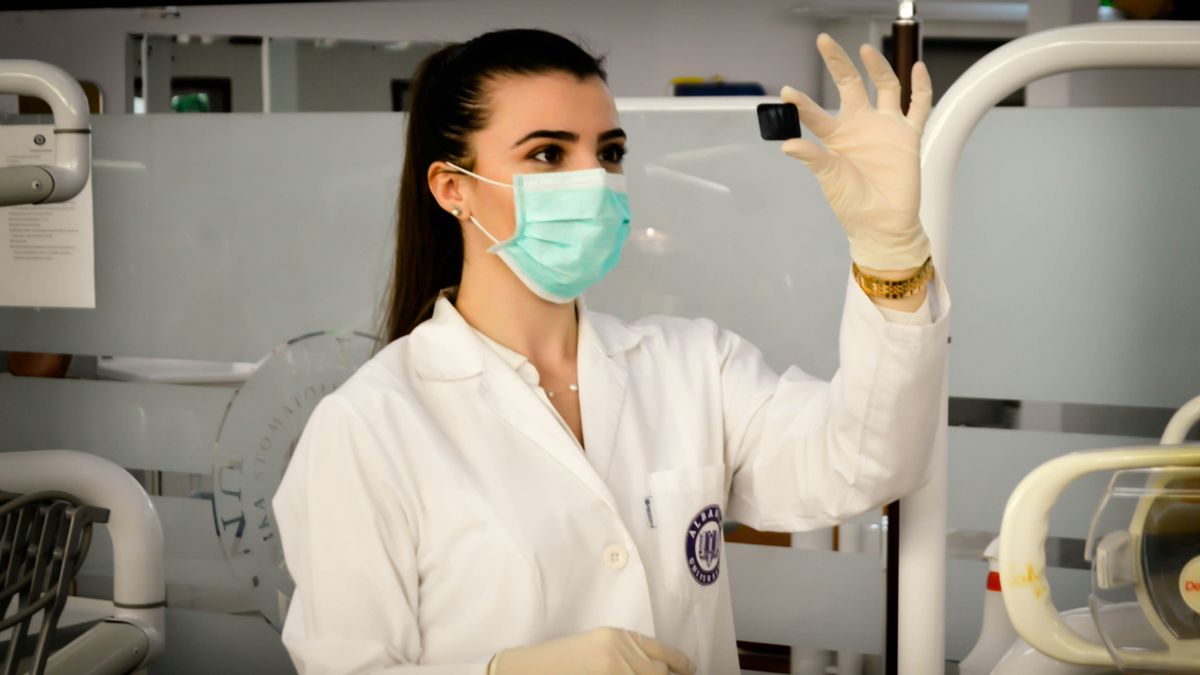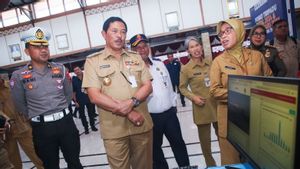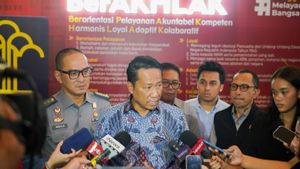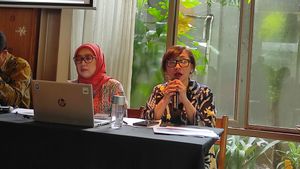JAKARTA - National Health Day is the right moment to review Indonesia's efforts to realize the 2045 Golden Generation from a health perspective. This is because Indonesia still faces serious challenges in the health sector: the high prevalence of non-communicable diseases as the number of elderly people, infectious diseases such as tuberculosis, maternal and child health problems, and malnutrition in children. This condition raises the question: how can Indonesia prepare a healthy and productive generation for 2045?
Henny Daeng Parani, General Chair of the Wednesday Blue Foundation, said Indonesia faces major challenges in the health sector, including the impact of the pandemic, the target of the Sustainable Development Goals 2030, as well as limited access and quality of basic health services. In addition, the scope of the universal health service (UHC) needs to be expanded, which is not limited only to BPJS.
"No one should be left behind. We see the importance of opportunity and access for quality health services in order to realize health sovereignty. This mission is a shared responsibility. For this reason, the Blue Foundation strives to become a government partner in the success of the government's health program," he said.
SEE ALSO:
Through the latest report launched on Wednesday, the Blue Foundation (RBF) revealed findings from health checks on 10,000 elderly, pregnant women, toddlers, and the general public in various areas through the active Mobile Healthy Home from the foundation. It was found that more than 50% faced health problems, including high blood pressure, high blood sugar, malnutrition, and also risk factors in pregnant women such as hypertension, anemia and high risk pregnancy complications.
As a foundation that cares about access to health for the community, RBF innovates by bringing health services closer to the community through the Mobile Healthy Home. This facility is equipped with the ability to carry out early detection through initial screening to be appropriate. Especially for pregnant women, RBF innovates by utilizing technology medical devices made by the nation's children based on telemedicine, TeleCTG, which is placed in Mobile Health Centers and in Puskesmas to help midwives detect risk factors in pregnant women from an early age.
"If Indonesia wants to really benefit from demographic bonuses and form a competitive workforce by 2045, risk factors that have the potential to cause complications in pregnancy, including malnutrition, should be detectable and treated even in the womb. This step is also an effort to help reduce potential maternal, infant mortality and intra-uterine stunting," said Henny.
Seeing this urgency, Wednesday the Blue Foundation emphasized that early detection and preventive efforts as well as the use of technology are strategic solutions as well as long-term investments that must be carried out. Considering the risk of disease not only affects the quality of individual life, but also reduces economic productivity. The same applies if the problem of stunting in children is not addressed immediately. The impact can weaken the potential of Indonesia's future generation and have an impact on the national economy.
Our approach, such as the Mobile Healthy Home initiative and the use of TeleCTG, when applied with greater coverage, can double the effort to form a healthy and productive workforce and society. The innovation we implement can be an effective model to bring services closer and help increase public health awareness. If implemented more broadly, this program has the potential to provide significant benefits. Our initiative is designed to reduce health risks early on and ease the burden of future health services. said you Sapardan, Member of the Health Expert Council on Wednesday Biru Foundation. He further said that Wednesday the Blue Foundation is open to collaborating with the government and various parties who have the same vision.
For Indonesia, investment in the health sector through a preventive approach is not only a matter of maintaining public health, but also an important step to strengthen the country's economy. When Indonesia moves towards a 2045 vision, making health a priority is the key to ensuring that the people, as the nation's greatest asset, can contribute to a more prosperous and sustainable future," concluded Henny.
The English, Chinese, Japanese, Arabic, and French versions are automatically generated by the AI. So there may still be inaccuracies in translating, please always see Indonesian as our main language. (system supported by DigitalSiber.id)


















